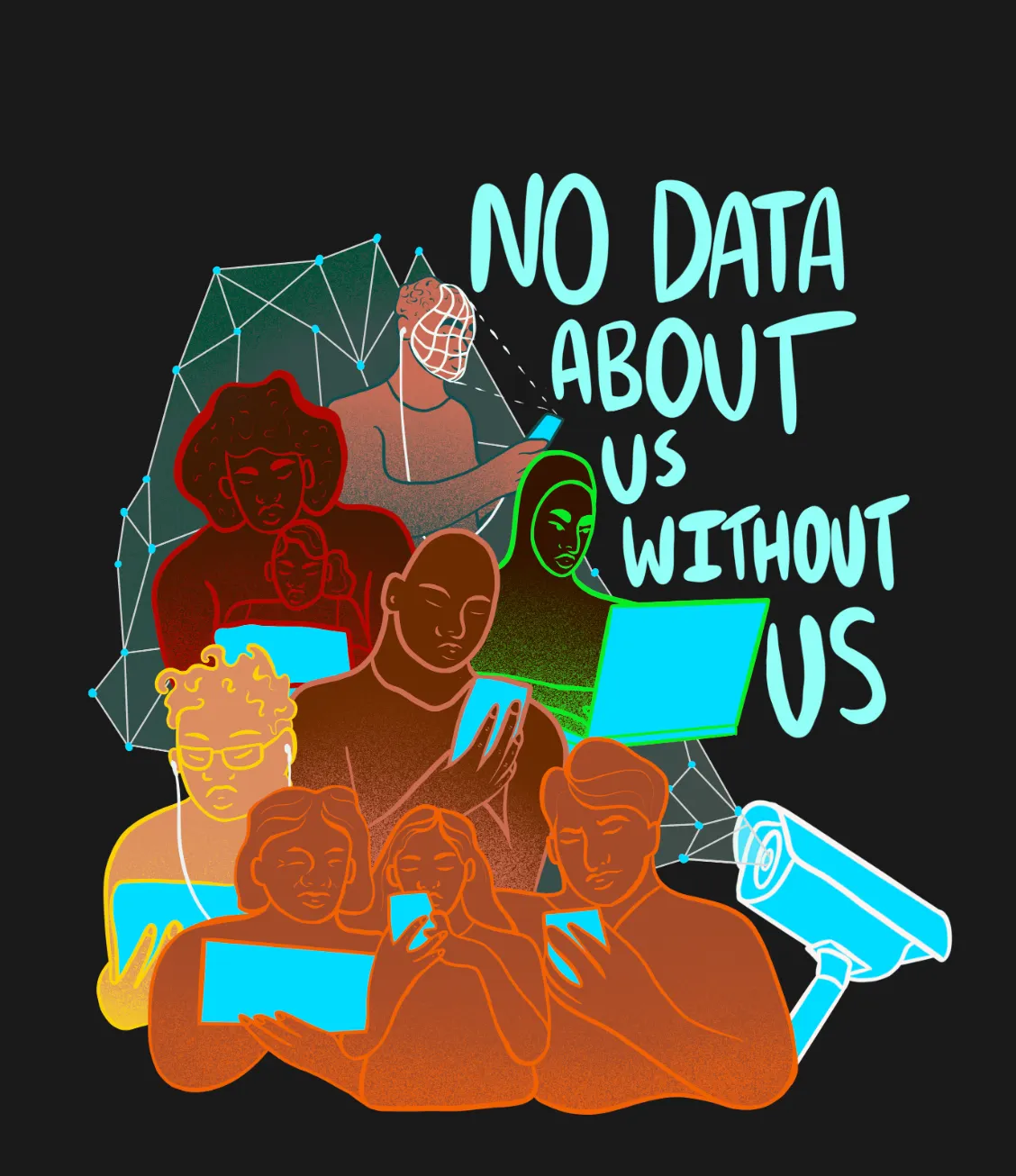Closing event of the pop-up in Medellín
In this blog post, Research Associates Sara Arango Franco and Maria Camila Roldán highlight the key findings from the second pop-up in Medellín.
.jpg)
Photo: Maria Camila Roldán
In February 2024, the closing event of the Medellín pop-up took place. This is the city where our work as an itinerant institute began. At this meeting we brought together members of our global community, stakeholders, and young people and artists who participated in our projects to talk about our work, research and insights since 2021. The closing presentations were led by our Medellín team, Hablemos Medellín and the Edgelands Medellín research fellows.
The event began with a recap of the undertaken activities and highlighting our role as activators of a neglected dialogue in the city concerning security. As an institute, we brought back security concerns to the table, examining them critically through the lens of surveillance technologies and their impact on the social contract.
Resuming conversations about security gained even more relevance in 2023, when it emerged as the most discussed topic among citizens in the series of citizen conversations carried out by our partner project Hablemos Medellín, in which participants generally expressed a perception of insecurity related to robberies, street dwellers, violence against women, among others.

In partnership with Hablemos Medellín, we deployed the survey Hablemos de la Digitalización de la Seguridad (Let’s Talk About the Digitalization of Security) in order to learn more about citizens' opinions on surveillance, privacy, cybersecurity and security technologies. We designed this survey before learning that security was of such special relevance to participants of the Hablemos Medellín conversations. Its results were presented during the closure event of the Medellin pop-up, and are consistent with Hablemos Medellín, showing a general perception of insecurity by citizens and a desire for more security technologies despite an overall lack of knowledge about their functioning and implementation – most people do not know which surveillance technologies are used by the government. Respondents also consider all the details surrounding the operationalization of such technologies to be of vital importance for their effectiveness and impact.

Finally, we highlight some recommendations stemming from the fellowship, a program that consisted of four independent investigations around the questions that Edgelands poses:
- To ensure the sustainability of its security technologies, the city must have the tools and human and financial capacity to maintain them.
- The bonds of trust between citizens and institutions must be strengthened, as well as the information circuits around surveillance technologies and their operationalization.
- The city's new vocation as the country's first Science, Technology and Innovation District should be effectively included in the city's planning instruments.
- It is important to strengthen the articulation between the different actors involved in the prioritization process for the installation of video surveillance cameras. The fellowship itself supported the consolidation of spaces for this purpose inside the local administration.
From our overall findings and the discussion held in the closing event, we highlight that when thinking about the social contract of Medellin, one must take into account the confluence of parallel states with varying degrees of governance throughout its territory. In the final Edgelands Medellín Report we consolidate this and other observations that we hope will serve as a framework and help citizens, governments and organizations to imagine and discuss the future of the city in the face of the digitalization of security.



